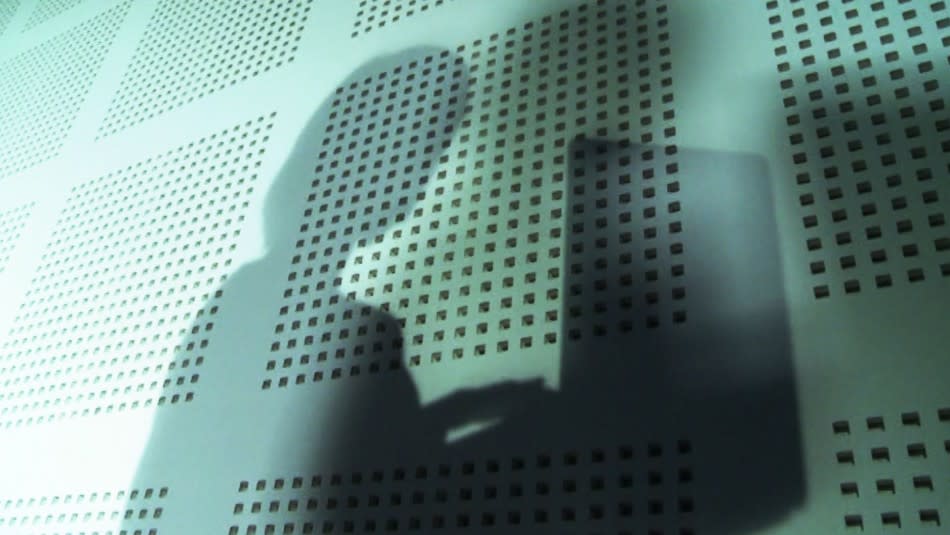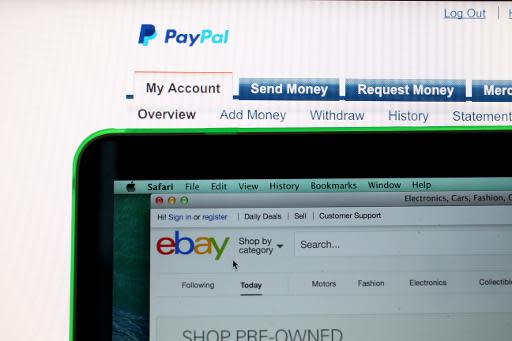How to avoid eBay scammers
Top tips on how to avoid falling prey to the world of eBay fraud, whether you're a buyer or a seller

If you use eBay to buy or sell then you're in danger of falling prey to a scammer. Countless users have been defrauded on the auction site so it's important to know how to recognise a scam so that you don't get caught out.
Don't forget, it's not just sellers that can be unscrupulous - buyers can also be fraudsters, too. And while not exclusive to high-price items, it's the more expensive products such as smartphones and other gadgets, that tend to appeal to the cyber criminals.
Using common sense and a suitable amount of caution will help you to protect yourself along with the following tips...
Check the seller's or buyer's feedback
Each eBay member has a profile where you can read the feedback they've been left by other users. All users also have a feedback score, given in brackets after their user ID. The higher the number the better, while if the rating is zero, this is often a bad sign as it means that their account has only just been created.

The 'Buyer requirements' section of your eBay preferences is good place to start - you can specify which type of users you don't want bidding on your items, such as those with a negative feedback score.
Read the description carefully
Many people have been caught out by not reading the details - with many users thinking they're buying a product such as a games console when it fact the image only shows the box and the smallprint actually says that the sale is for the box only and not the product inside.
If an offer seems too good to be true, it probably is.
One-day listings
Items that are being sold on a one-day listing are commonly scams, with dishonest sellers tempting you to buy and then disappearing once payment has been made. Avoid.
Postage costs
Check the postage costs and if the seller doesn't list them clearly, contact them to ask to avoid any hidden fees.
If you're a seller - state which postage method you're offering, including the cost, and stick to it.
International buyers and sellers
Ensure that bidders or sellers are based in the UK, unless you want to post goods overseas. Shipping to international buyers makes the chance of being scammed more likely as it's not as easy to track parcels once they've left the UK.
If you don't wish to sell to overseas buyers, you can state this in your preferences and also reiterate it in your item description. However, some buyers will still ignore this, so it's worth keeping an eye on bids in case you need to cancel any of them.
Also, beware if you're buying CDs, DVDs, Blu-rays and video games originating in Asia as they are often counterfeit due to different copyright laws.
Cancelling bids
If possible, monitor bids on an item you're selling, especially just before the auction ends, so that you can identify any dodgy individuals and cancel their bids if necessary.

If you don't want to deal with a buyer because they have a low rating, negative feedback, they live in a country where you don't offer postage or they've asked you to do a deal outside of eBay, you can cancel their bid before the auction ends.
To cancel a bid, you simply go to the Managing Bidders and Buyers page on eBay, and give the relevant information.
Blocking bidders
If you're not comfortable with selling to a certain bidder, you can easily block them simply by submitting their user ID on the Block Bidders page.
Check payment before sending
PayPal is the safest way of paying as it monitors potentially fraudulant transactions which means that it's easier to get your money back if you do get targeted by a scammer.
If you're selling an item, never send it out until you've received payment, especially if the winning bidder hassles you to send it before the money arrives.
[ How to keep webcams and baby monitors safe from snoops and hackers ]
Don't agree to any deals outside of eBay offering cash on collection. Ebay doesn't insure you for these deals and you could be putting yourself at risk. Paying with credit card will also cover you, while using money transfer services is more sketchy.
Get proof of posting
If you're using a 'signed for' method of posting such as Royal Mail Recorded then you'll be provided with a tracking number but if you're using regular first or second class post then ask for a 'proof of posting'. This covers you in case the buyer claims that the item has not arrived.

Only send items to the confirmed address on the winning bidder's profile. If they ask you to send the item to a different address, no matter how plausible the reason, you should report it to eBay as it may mean that a genuine eBay user's account has been hacked.
[ How to stay safe from telephone scams or vishing ]
If you've offered collection - arrange to meet in a public place to hand over the goods and never give out your home address.
Refunds
You can choose an option on your seller profile that states 'no refunds'. This protects you from dodgy buyers who try to con you by claiming that the item you sent them was broken (when you know it wasn't) and asking for a refund. Make sure items are packed securely to avoid any dispute.
Spoof emails
These come in various guises and are usually made to look like an official eBay email. The most common ruse is an email claiming that you need to need to verify your infomation by following a provided link and logging into your account. Ebay will never ask you do this, so you can be sure that it's a scam. If you receive such an email, report it to eBay.
What to do if you think you've been scammed
If you think you've been hacked, then change your eBay and PayPal passwords immediately.
[ How to make an unbreakable password ]
If a seller hasn't sent you the item that you've paid for, first contact them to see if the problem can be resolved. If not, you can report them in eBay's Resolution Centre.
Likewise, if a seller hasn't paid after several days or has an issue with an item that you've sent them, try to resolve the issue with them first before reporting to eBay.

 Yahoo News
Yahoo News 

